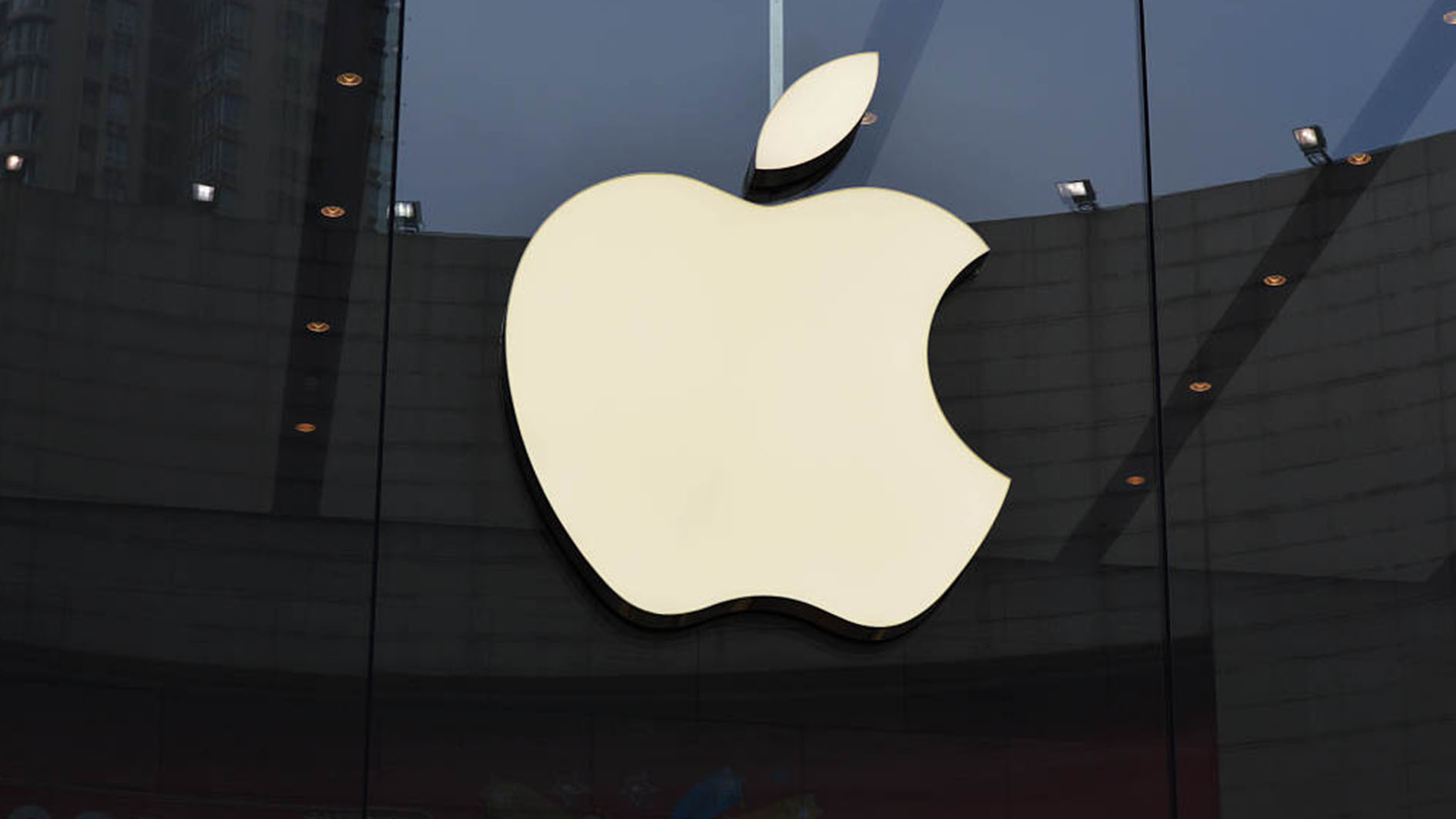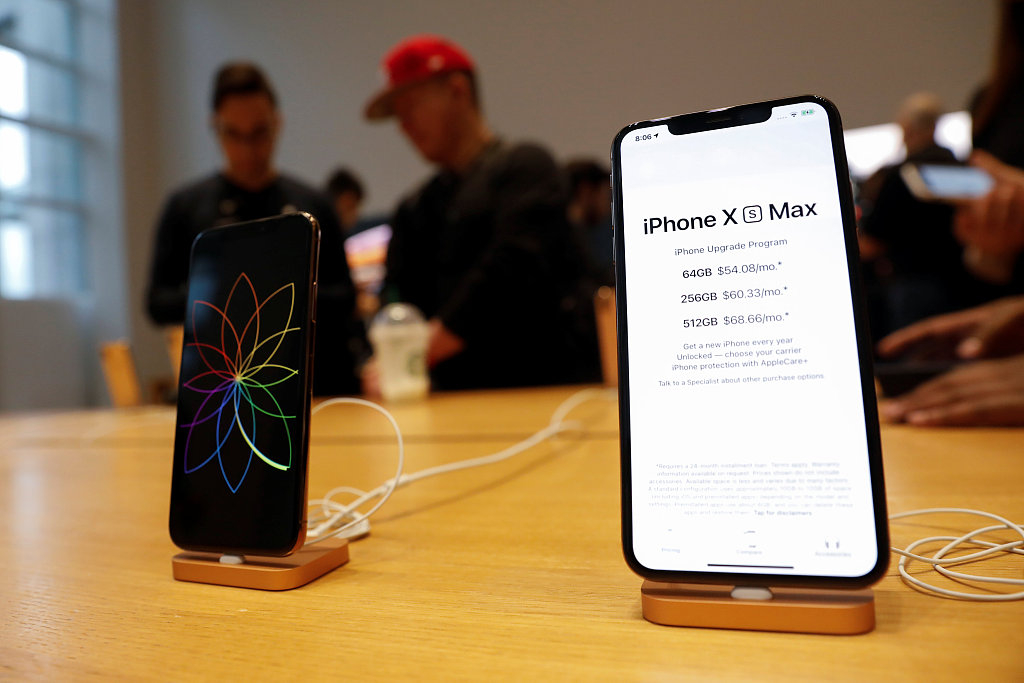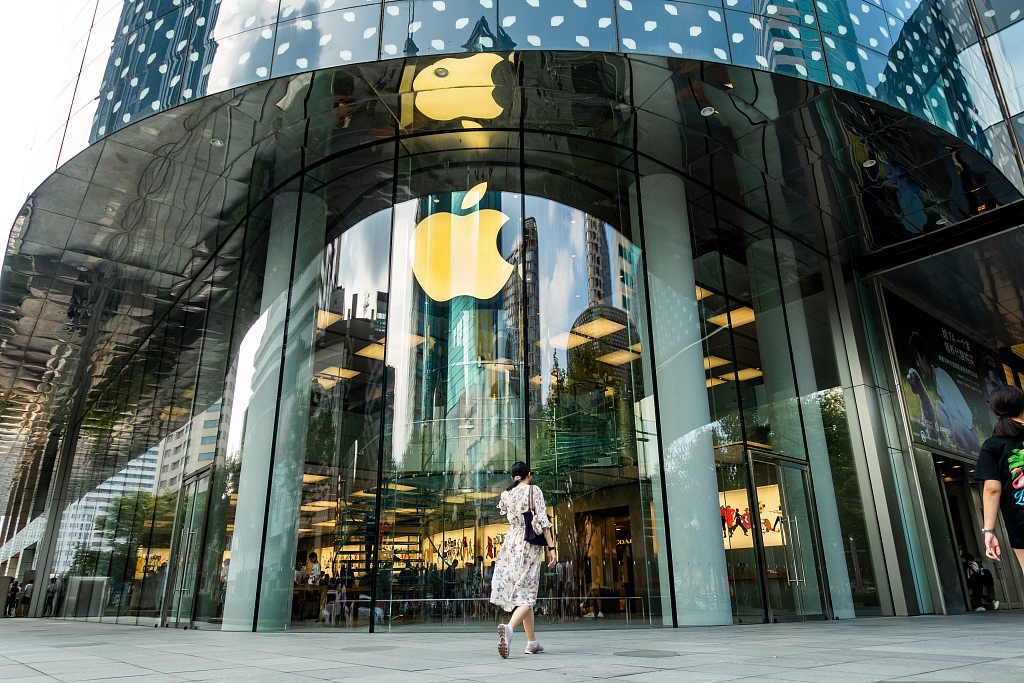
Biz Analysis
11:55, 05-Jun-2019
Will tariffs force a hike in phone prices?
Mark Niu
02:41

U.S. President Donald Trump recently increased tariffs on 200 billion dollars worth of Chinese imports.
There are now concerns the administration could follow through with its threatened tariffs. That would be an additional 300 billion dollars worth of goods.
While Apple is one of the world's most valuable companies, it's certainly not immune to the trade spat.
Apple has a vast supply chain which highly depends on China.
Analyst Katy Huberty from investment bank Morgan Stanley concluded that new tariffs could raise the cost of the iPhone XS by 160 U.S. dollars.
Investment banking company J.P. Morgan also estimated an iPhone price increase of around 14 percent would be needed to absorb the impact of a 25 percent tariff.

The new Apple iPhone Xs Max and iPhone X are seen on display at the Apple Store in Manhattan, New York, U.S., September 21, 2018. Shannon Stapleton. /VCG Photo
The new Apple iPhone Xs Max and iPhone X are seen on display at the Apple Store in Manhattan, New York, U.S., September 21, 2018. Shannon Stapleton. /VCG Photo
I spoke to veteran tech analyst Tim Bajarin, who is the president of Creative Strategies.
He says Apple has two main options – either absorb the tariffs or pass them onto consumers.
But he believes it is possible the company may split the difference.
"When it's actually defined to what are the components being used and things that are in it, I actually think the tariff cost is less than 14 percent and even lower," said Bajarin. "Then Apple could maybe split the difference. They do seven percent and to the customer, they absorb seven percent. Either way, it's going to affect the customer, and either way it's going to impact Apple."
Bajarin points out that it only makes sense for Apple to explore manufacturing and supply chains in countries other than China.
But he emphasizes that the best strategy is to do that for the products manufactured for the U.S. market only.
"You can't do it overnight," said Bajarin. "One of their big suppliers is already moving what they do for Apple over to Indonesia. Pegatron's going to do that. A lot of big PC companies are moving there."
He added, "this is actually bad news for China though because the more China bears down on this kind of retaliatory moves, the more the U.S. companies are going to find new ways to get around it. And they'll go to Vietnam, Indonesia, Malaysia, India, Mexico."
But Bajarin cites a bigger concern.
He's worried that the tariffs imposed on Chinese products could negatively impact the image of American products.
"The one thing that worries me more is this attitude inside China right now which they look at something like an Apple product or an American product in a very negative way,” said Bajarin, “and I saw one report... It said that kids who have Apple phones are kind of embarrassed by having an iPhone. It's the psychological aspect of the impact of the tariffs that is probably a bigger problem."

Apple's retail store in Shanghai, China. /VCG Photo
Apple's retail store in Shanghai, China. /VCG Photo
It's a sentiment echoed by the CEO of Constellation Research, Ray Wang.
"Apple's sales and shares in China in the market are really low. Samsung's not even in the market. The local players are doing the best. Apple is like a premium luxury good at the moment, so it's not the dominant player," said Wang.
"Everyone's picking up local phones. There's also a sentiment in China, oh my god, you have an American phone? That's starting the nationalism already."
Wang says in every aspect of a trade war the consumer eventually pays for it.
"The question is at what level? At what cost? Is it worth getting intellectual property? Is it worth protecting jobs? Is it worth protecting a trade imbalance?" asks Wang. "It's not as simple as it looks."

SITEMAP
Copyright © 2018 CGTN. Beijing ICP prepared NO.16065310-3
Copyright © 2018 CGTN. Beijing ICP prepared NO.16065310-3